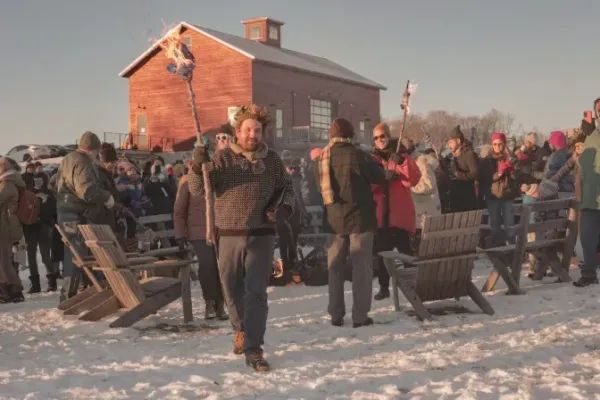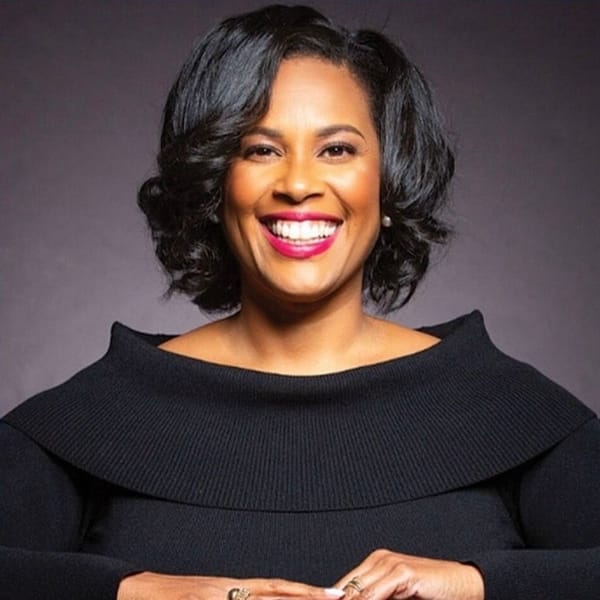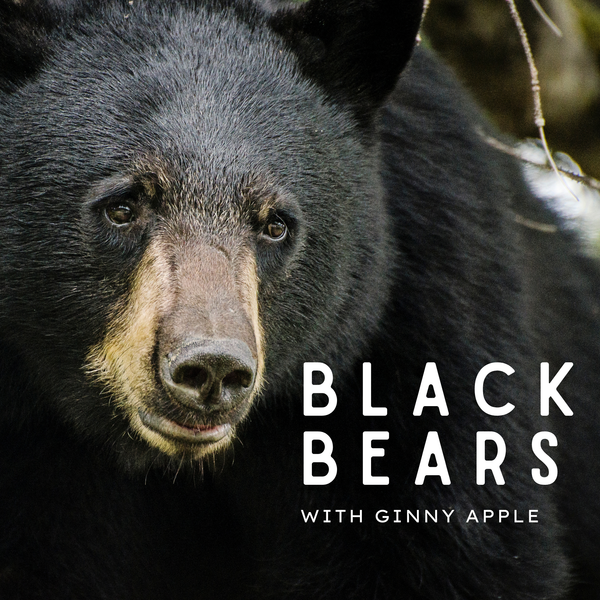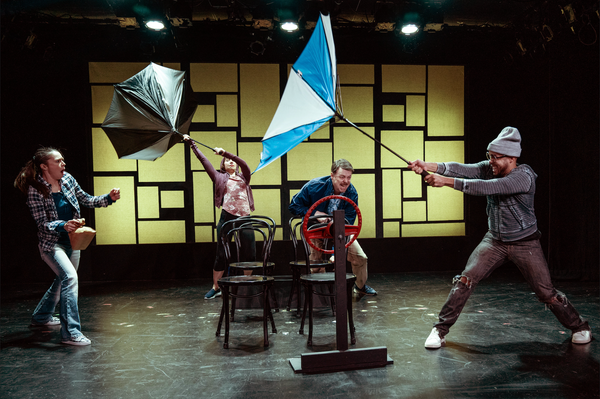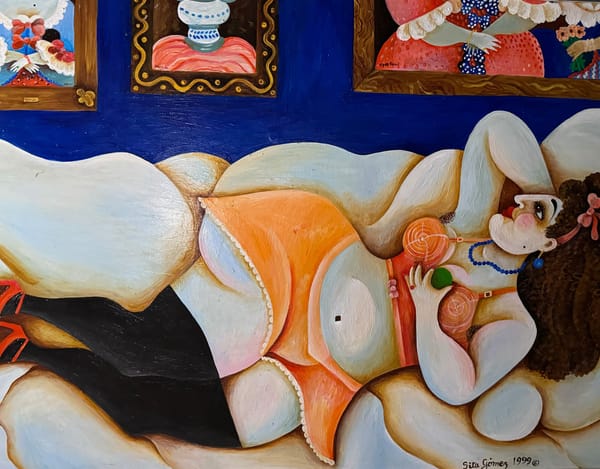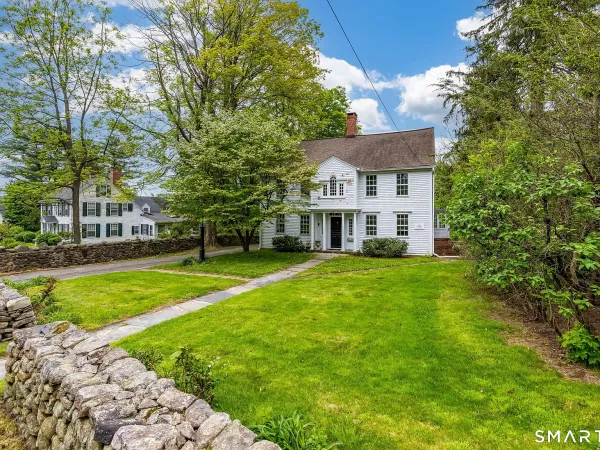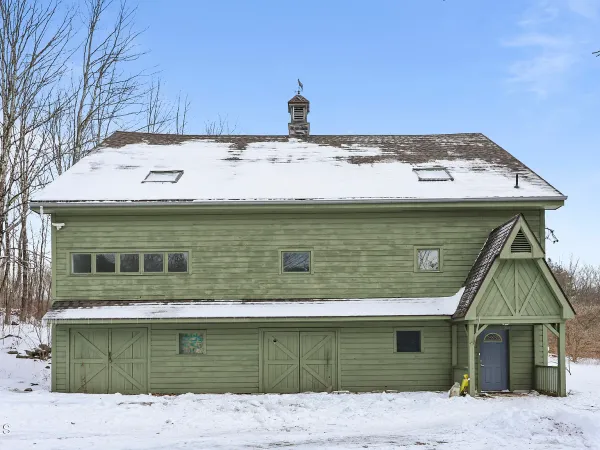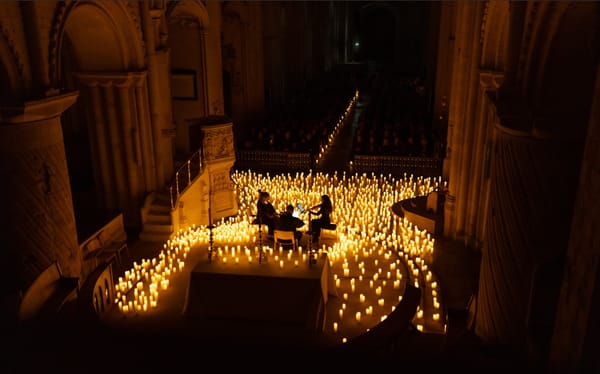The Rural We: Lia Russell-Self
This may be the first you've heard of the producer, director, performer, writer and stage manager, but it won't be the last.

This may be the first you've heard of the producer, director, performer, writer and stage manager, but it won't be the last.
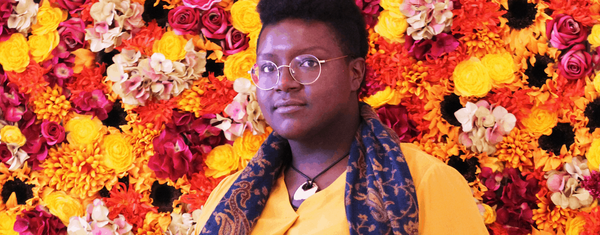
As a producer, director, performer, writer and stage manager, Lia Russell-Self is dedicated to creating a change in the arts scene. They have worked in the Berkshires, Columbia County, and beyond to bridge the gaps of arts, activism and education with companies such as the rig, Flying Cloud, Bazaar Productions and WAM Theatre. Russell-Self holds a BA in theatrical studies and creative writing from Bard College at Simon’s Rock. In collaboration with the 30under30 Festival, they’ll present a performance of their original writing, “I’m Fine and Other Lies I Tell Myself at Home,” on Thursday, March 19 at The Foundry in West Stockbridge. And that’s not all, says Russell-Self. “Stay tuned for more. I’m here in the Berkshires, I love being here and this is definitely not the last you’ll see of me.”
I’m from Stone Mountain, Georgia, and came up to this area at 15 to go to Simon’s Rock. I came not knowing anything about theater, and wanting to become an actuary. I needed a job for my work study and the first flexible, open position was as a stagehand and usher in the theater. I’ve been in theater ever since. In my junior and senior years, I became involved in an ensemble group, creating new material every day. I started to find myself wanting to do more theater and less sitting at a desk 9 hours a day looking at numbers. I transitioned into creating stories; I’ve always loved the idea of narrative and how that allows people to connect.
In the BA program at Simon’s Rock, you have to do a thesis and I was ambitious — that’s a defining word for me. I wrote a novella, adapted it to a stage play, then directed, produced and acted in it. That was my first taste of producing and I loved it.
As a black, queer, non-binary person, most theater is not made for me. It was a foreign entity to me and most of my friends growing up. The first play I ever saw was Twelfth Night and there was so much being said in it about how to interact in a space where you feel different. I felt so much immediate connection, even though most of the characters didn’t look like me. That is what we all strive for, and the only way to get that connection is to have people involved who reflect the community.
I usually work with smaller, more activist-minded companies that are trying to find a way to tell stories that haven’t had the space in the past. The impact isn’t always immediate. You talk about something again and again, and it will click for some people. Even if it’s just one person in the audience, this could be their moment of understanding and they can impact so many people outside of the theater.
Right now I’m working with WAM in Boston on Pipeline by Dominique Morisseau, as the assistant director and part of the producing team. It’s about the school-to-prison pipeline. Working at WAM part time allows me to do other things that I’m creatively excited about like the 30under30 show. The show came out of my love of writing poetry and, for me, it’s a cathartic, beautiful process to get to say what’s heavy and what’s burning in a sense that goes beyond the present moment. I’ve been doing a lot of work taking care of myself and learning how I can be my own best advocate and, in the process, I could see how much I was lying to myself. I noticed how much my focus on trying to be positive was harmful. I would always say things like 'It will be okay,' 'I’m fine,' and ‘It’s all good.' That’s a mentality we all hold. We tell our friends 'This is not the end' and 'It gets better,' but that doesn’t speak to where someone is right now.
I think of [the show] as a way of communal healing — if we can’t be honest with ourselves, how can we be honest with others. It contains a lot of my own poetry and moments of brutal honesty, mixed with metaphors, love, and movement.
There’s this idea that people under 30 don’t exist in the Berkshires. I’m happy that [the 30under30 Festival] exists because, as we continue to show that we have artists here who want to be a part of the cultural scene, we can offer a new echelon of understanding of the arts and politics that surround us. I love activist art and, for me and many other 20, 30 and 40 somethings, politics is inseparable. For people who are marginalized, this is not new. Rebellion and uprising is embedded in all that we do in this generation. We just need the spaces to do it.
